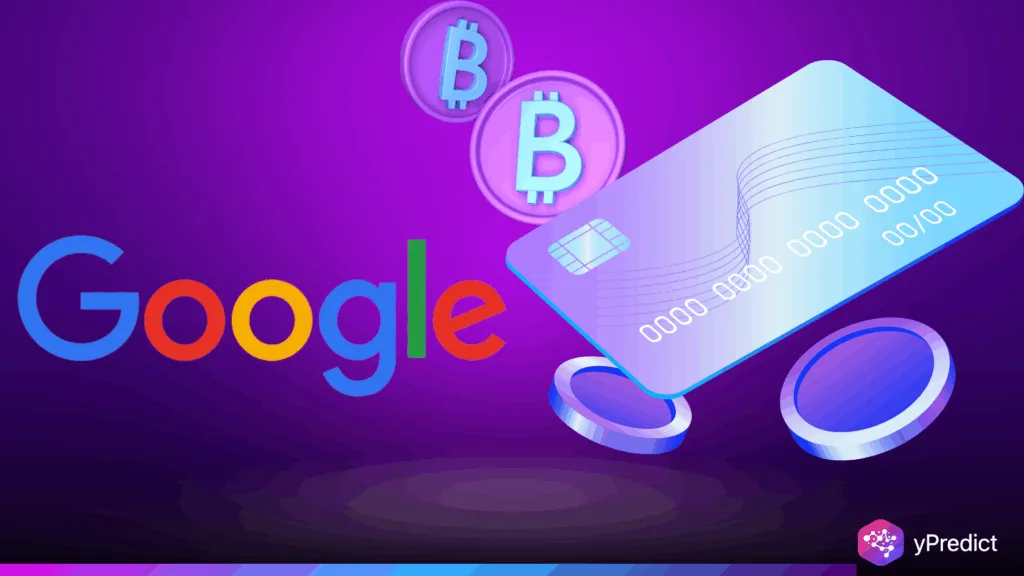
In a ground-breaking move, Google has unveiled the Agent Payments Protocol (AP2), a pioneering framework designed to facilitate secure and seamless transactions initiated by AI agents. This initiative marks a significant step towards integrating artificial intelligence into the financial ecosystem, enabling AI systems to autonomously execute payments across various platforms.
Collaborative Effort with Industry Leaders
Google and over 60 prominent firms, including Mastercard, PayPal, American Express, and Coinbase, collaborated to develop AP2. The partnership aims to create a universal standard for AI-driven payments. It focuses on ensuring interoperability and security across different payment methods and platforms.
AP2 of Google: Versatility in Payment Methods
AP2 is designed to be payment-agnostic, supporting a wide range of transaction methods. It accommodates traditional payment forms such as credit and debit cards, as well as real-time bank transfers. It also supports digital currencies through its x402 extension, which facilitates stablecoin transactions. This versatility ensures that AI agents can perform transactions according to the user’s preferences and the available payment infrastructure.
AP2 of Google: Enhancing Security and Trust
A critical aspect of AP2 is its focus on security and trust. The protocol employs cryptographically signed “Mandates” to verify user instructions, ensuring that AI agents have the proper authorisation to initiate payments. This mechanism addresses potential concerns regarding unauthorised transactions and enhances the overall reliability of AI-driven commerce.
Implications for the Future of Commerce
The introduction of Google’s AP2 signifies a transformative shift in the landscape of digital payments. By enabling AI agents to autonomously manage transactions, this protocol opens the door to more efficient and personalised financial interactions. As AI continues to evolve, frameworks like AP2 will play a pivotal role in shaping the future of commerce, fostering an environment where intelligent systems can seamlessly integrate into everyday financial activities.
In conclusion, Google’s Agent Payments Protocol represents a significant advancement in the convergence of artificial intelligence and financial technology. AP2 combines collaborative efforts with industry leaders, a versatile approach to payment methods, and a strong emphasis on security. This protocol sets the stage for a new era of AI-driven transactions. As adoption grows, AP2 is poised to redefine how digital payments are conducted. It offers a glimpse into the future of intelligent commerce.






